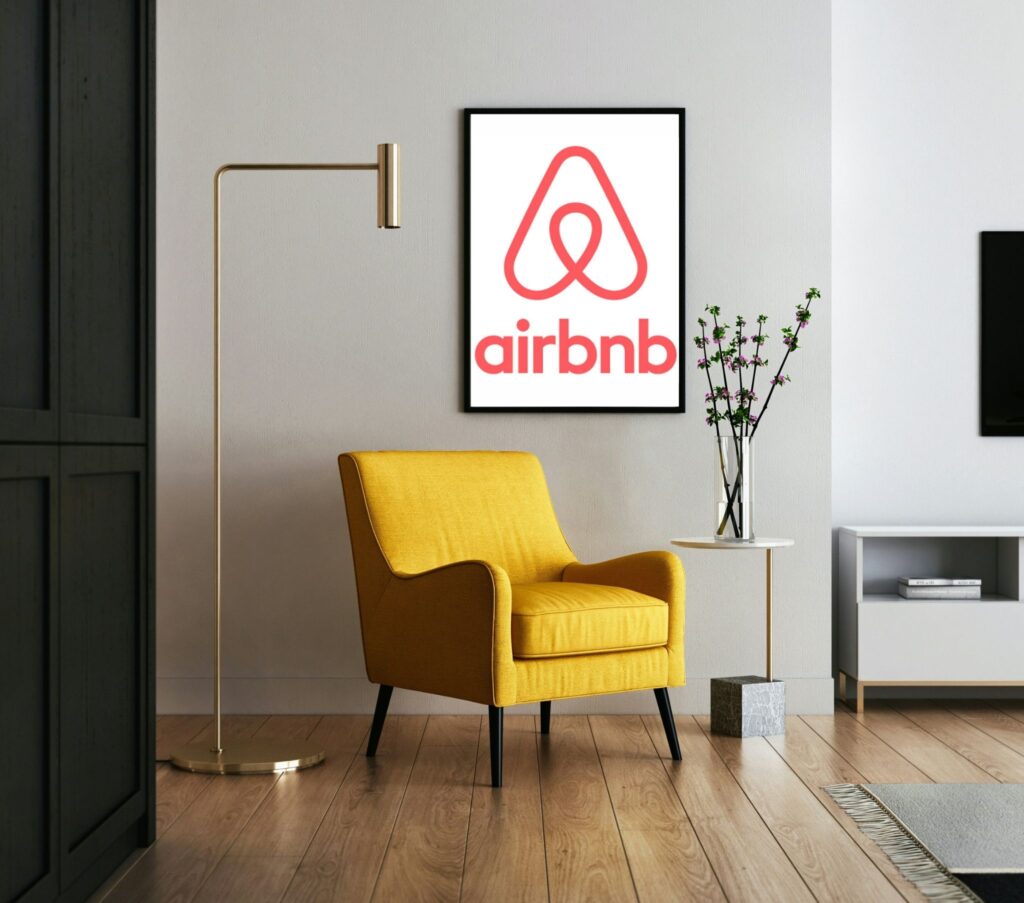The hospitality industry has witnessed a dynamic shift in recent years, with the rise of online platforms like Airbnb and the surge in short-term rental operators. While these alternatives offer unique and personalized experiences, there is much to be gained by examining the tried-and-true strategies employed by traditional hotel operators. In this blog, we’ll explore the lessons Airbnb and short-term rental hosts can learn from hotel industry experts in the realms of sales, marketing, and revenue management.
Sales Strategies:
- Emphasize Value Proposition:
- Hotels excel in showcasing their unique selling points, such as amenities, services, and location. Airbnb hosts can similarly highlight what makes their property stand out, whether it’s a scenic view, stylish decor, or exclusive access to local attractions.
- Leverage Direct Bookings:
- Hotels actively promote direct bookings through their own websites, reducing dependence on third-party platforms. Short-term rental operators can benefit from establishing their online presence and encouraging guests to book directly, thereby avoiding hefty platform fees.
- Implement Tiered Pricing:
- Many hotels use tiered pricing to attract different market segments. Airbnb hosts can adopt a similar approach by offering different packages, such as basic, standard, and premium, each catering to a specific audience with varied preferences and budgets.
Marketing Strategies:
- Professional Photography and Virtual Tours:
- Hotels invest in high-quality professional photography to showcase their spaces. Airbnb hosts should follow suit, presenting their properties with appealing images and even virtual tours to give potential guests a comprehensive view.
- Social Media Engagement:
- Hotels actively engage with their audience on social media platforms. Airbnb hosts can build a community around their properties by sharing local insights, travel tips, and guest testimonials, fostering a sense of connection and trust.
- Partner with Local Businesses:
- Hotel operators often form partnerships with local businesses to enhance the guest experience. Airbnb hosts can collaborate with nearby restaurants, tour operators, or attractions to create value-added packages, providing guests with a more comprehensive and enjoyable stay.
Revenue Management Strategies:
- Dynamic Pricing Models:
- Hotels use dynamic pricing to adjust rates based on demand, seasonality, and local events. Short-term rental hosts can optimize revenue by implementing similar dynamic pricing strategies, ensuring competitive rates that attract guests while maximizing income.
- Utilize Technology for Analytics:
- Hoteliers leverage sophisticated tools for data analytics to understand market trends and guest behaviors. Airbnb hosts should invest in technology to gather insights, allowing them to make informed decisions regarding pricing, promotions, and property improvements.
- Customer Relationship Management (CRM):
- Hotels employ CRM systems to track guest preferences and foster loyalty. Short-term rental operators can enhance the guest experience by maintaining a database of guest preferences, enabling personalized services and targeted marketing efforts for repeat business.
Conclusion:
As Airbnb and short-term rental operators continue to redefine the hospitality landscape, there is a wealth of knowledge to be gained from the traditional hotel industry. By incorporating effective sales, marketing, and revenue management strategies, hosts can elevate their offerings, attract a broader audience, and create lasting guest satisfaction. The synthesis of these approaches can contribute to a thriving ecosystem where both traditional hotels and alternative accommodations coexist harmoniously.

